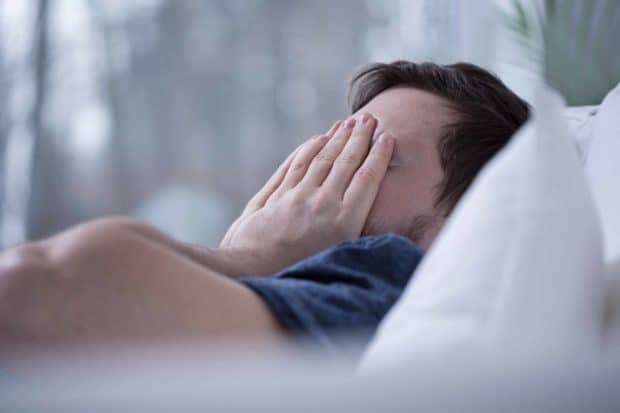
The effects of the deprivation can vary depending on how long one has been deprived. One of the early signs of deprivation is daytime drowsiness, leading to a lack of productivity and serious accidents. The severity of this deprivation can vary from person to person, but it can be dangerous even after just one night with insufficient rest. This deprivation also affects your brain and mood, leading to hallucinations when you are in a dark, quiet environment. Some other effects include mood swings, lack of focus and attention, increased risk of heart issues, and an increased risk of diabetes. The deprivation also affects your immune systems, increasing your risk of certain diseases. You become up to four times more likely to catch a cold when exposed to the cold virus than people who fall asleep adequately.
Some common causes of this deprivation include a disorder, lack of sleeping hygiene, stress, and a change in routine. Some diseases that can cause deprivation include sleep apnea, insomnia, narcolepsy, restless leg syndrome, and circadian rhythm disorders. Lack of sleeping hygiene refers to behaviors or conditions that interfere with falling asleep. Some conditions that could cause the deprivation include excessive lighting, excess noise, extreme temperatures, and the presence of certain chemicals. Stress is a prevalent cause of this deprivation. When stressed, you often have trouble relaxing enough to fall asleep. And sometimes, a change in routine can make it harder to fall asleep.
Sleep study refers to a test that can help determine whether you have sleep apnea. The study is done with a polysomnography machine hooked up to the person’s body. The device measures your sleep by measuring your oxygen levels, breathing, brain waves, and heart rate. If you have trouble sleeping regularly and think you may have the disorder, it is essential to visit 1-888-Sleep-Doc. They can order a sleep study, a diagnostic test that can help them determine whether you have the condition and its severity. Once 1-888-Sleep-Doc determine this, they can recommend treatment to help you fall asleep better and have fewer long-term health effects.
© 2023 1-888 Sleep-Doc, Inc. All Rights Reserved.